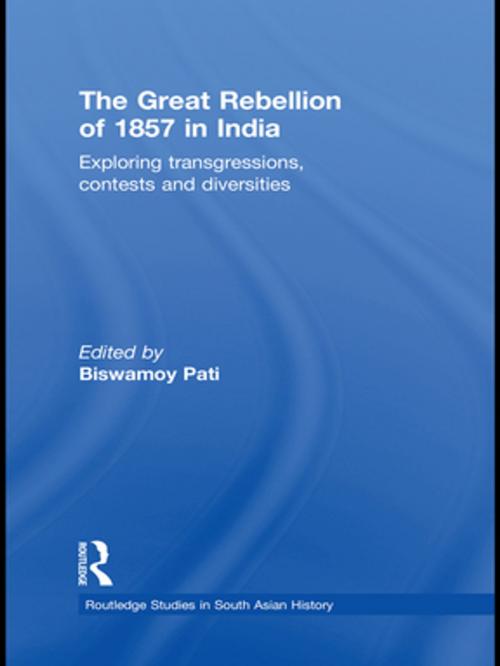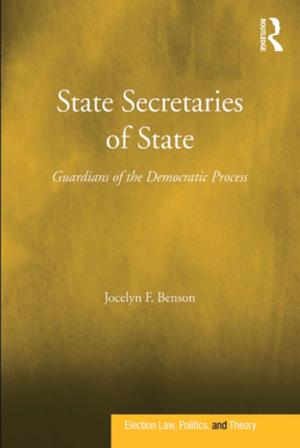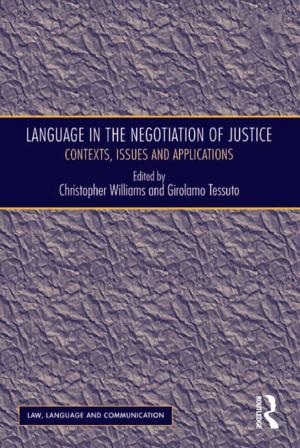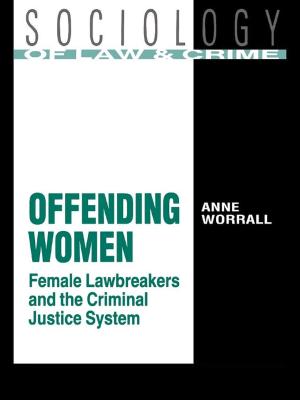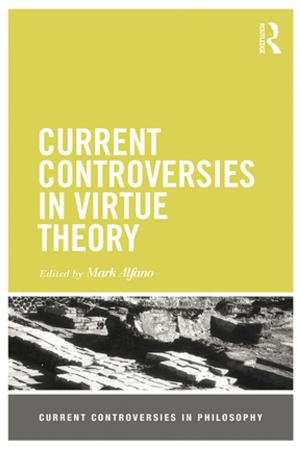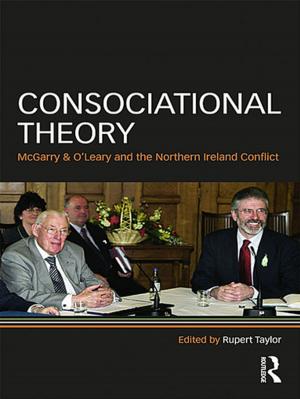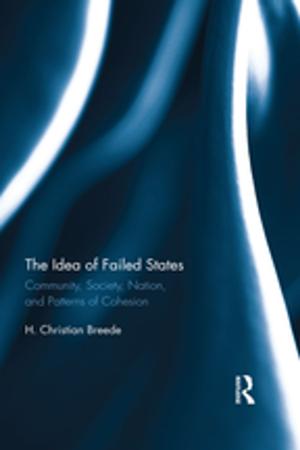The Great Rebellion of 1857 in India
Exploring Transgressions, Contests and Diversities
Nonfiction, History, Asian, Asia, Social & Cultural Studies, Social Science, Cultural Studies, Ethnic Studies| Author: | ISBN: | 9781135225131 | |
| Publisher: | Taylor and Francis | Publication: | February 25, 2010 |
| Imprint: | Routledge | Language: | English |
| Author: | |
| ISBN: | 9781135225131 |
| Publisher: | Taylor and Francis |
| Publication: | February 25, 2010 |
| Imprint: | Routledge |
| Language: | English |
The Great Rebellion of 1857 in India was much more than a ‘sepoy mutiny’. It was a major event in South Asian and British colonial history that significantly challenged imperialism in India.
This fascinating collection explores hitherto ignored diversities of the Great Rebellion such as gender and colonial fiction, courtesans, white ‘marginals’, penal laws and colonial anxieties about the Mughals, even in exile. Also studied are popular struggles involving tribals and outcastes, and the way outcastes in the south of India locate the Rebellion. Interdisciplinary in focus and based on a range of untapped source materials and rare, printed tracts, this book questions conventional wisdom.
The comprehensive introduction traces the different historiographical approaches to the Great Rebellion, including the imperialist, nationalist, marxist and subaltern scholarship. While questioning typical assumptions associated with the Great Rebellion, it argues that the Rebellion neither began nor ended in 1857-58.
Clearly informed by the ‘Subaltern Studies’ scholarship, this book is post-subalternist as it moves far beyond narrow subalternist concerns. It will be of interest to students of Colonial and South Asian History, Social History, Cultural and Political Studies.
The Great Rebellion of 1857 in India was much more than a ‘sepoy mutiny’. It was a major event in South Asian and British colonial history that significantly challenged imperialism in India.
This fascinating collection explores hitherto ignored diversities of the Great Rebellion such as gender and colonial fiction, courtesans, white ‘marginals’, penal laws and colonial anxieties about the Mughals, even in exile. Also studied are popular struggles involving tribals and outcastes, and the way outcastes in the south of India locate the Rebellion. Interdisciplinary in focus and based on a range of untapped source materials and rare, printed tracts, this book questions conventional wisdom.
The comprehensive introduction traces the different historiographical approaches to the Great Rebellion, including the imperialist, nationalist, marxist and subaltern scholarship. While questioning typical assumptions associated with the Great Rebellion, it argues that the Rebellion neither began nor ended in 1857-58.
Clearly informed by the ‘Subaltern Studies’ scholarship, this book is post-subalternist as it moves far beyond narrow subalternist concerns. It will be of interest to students of Colonial and South Asian History, Social History, Cultural and Political Studies.
